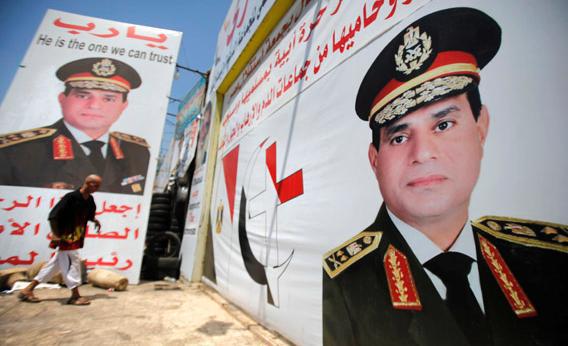Tempting as it might be to start this blog off on a #slatepitchy note by disagreeing with my new colleagues Will Dobson and Fred Kaplan and my former colleague Marc Lynch on the wisdom of continuing U.S. aid to Egypt, it seems safe to say now that whatever leverage this aid may have given Washington in the relationship has proved ineffective after Chuck Hagel’s 17 phone calls failed to prevent last week’s carnage. (Les Gelb has you covered if you are interested in that take.)
Beyond the situation in Egypt, this seems like a good moment to consider why we always seem so surprised when countries on the receiving end of large U.S. aid packages don’t do exactly as Washington wishes. Coincidentally, Monday also brought news that Egypt’s next-door neighbor Israel is seeking to increase its current $30 billion aid pact with the United States in order to offset increased U.S. arms sales to other countries in the Middle East. The new request comes amid Secretary of State John Kerry’s latest bid to restart Middle East peace talks. Israel apparently felt there was nothing amiss about asking for more aid a week after announcing new settlement construction on the West Bank, despite Kerry’s disapproval.
And the U.S.–Israel relationship—even despite recent bumps in the road—is cordial compared to the other top recipients of U.S. military aid. Going down this handy chart put together by PBS NewsHour last year, Afghanistan received $6.8 billion in military aid from Washington in 2010, the year its president publicly mused that he might join the Taliban. The U.S. and Iraqi governments have differed sharply on Syria—particularly reports that Iranian arms are entering the country via Iraqi airspace, which Iraq denies—despite more than $1 billion in annual U.S. aid and a recent contract to provide the country with 18 F-16 fighter jets. Then there’s Pakistan—the fifth-largest recipient of American military largesse and arguably the Obama administration’s biggest foreign policy headache. Even Edward Snowden’s new home, Russia, was the recipient of almost $127 million in aid in 2010.
It could be that this is a sign of declining U.S. influence in the world or the result of ineffective diplomacy on the part of the Obama administration. It could also be that U.S. military funding doesn’t—and isn’t intended to—act as an all-purpose policy veto. These governments aren’t client states, and the canny ones know just how much they can irritate Washington without the aid spigot closing. The U.S. may, for instance, criticize Bahrain’s crackdowns on the opposition and the press, but the country’s government knows full well its military assistance is secure as long as it continues to be located in the Persian Gulf.
The only good news is that while the “leverage” provided by U.S. military assistance is often overstated, the same is likely true of other superpowers. Many in Washington have watched with increasing alarm in recent years as China has increased military aid to countries in Africa, Latin America, and Southeast Asia. But Beijing will likely find its efforts to dictate policy in the countries as frustrating as Washington has.
